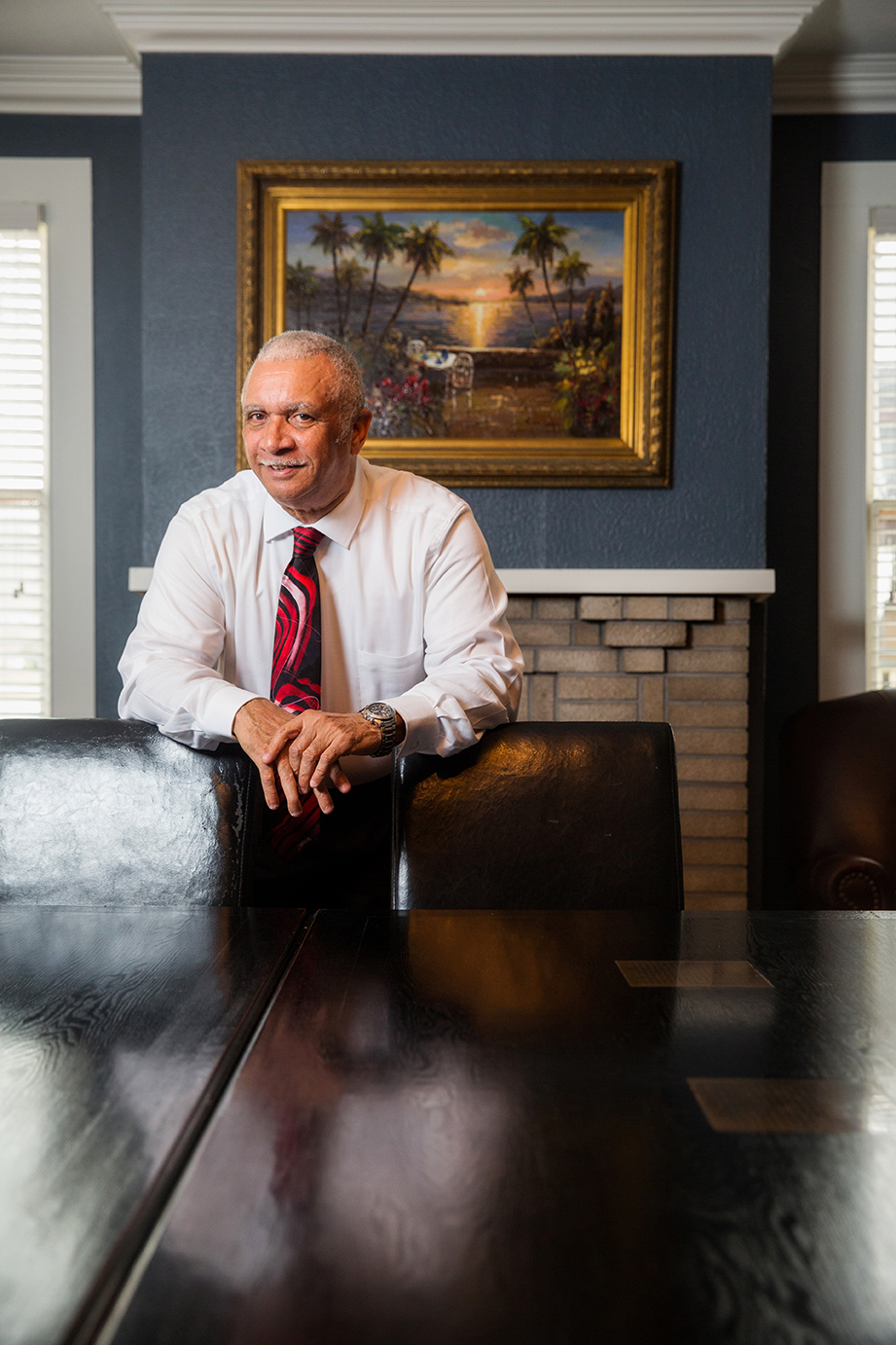
I am 225: Edgar Cage
Edgar Cage knows that progress starts with a conversation.
The Together Baton Rouge leader believes that mending our city’s divides—those left by the events of 2016 and beyond—begins when we abandon what we’ve seen on TV or read in the papers. He wants us to talk to one another—to build relationships across geographic, racial, economic and denominational lines.
Cage believes we’re more alike than we are different, and that when one part of Baton Rouge struggles, the whole city suffers.
|
|
“I see certain areas of our city are really thriving, because you can find health care easily, you can find fresh fruits and vegetables and healthy food items easily,” he says. “But other parts of the city, it’s a challenge. In fact, it’s impossible to have easy access to health care and to grocery stores to buy those items.”
Cage is on a mission to eliminate food deserts around the city. As a member of the East Baton Rouge Food Access Commission, he has researched cities as nearby as New Orleans and as distant as Philadelphia and Baltimore. He’s found that areas that have successfully addressed food access problems are creating “fresh food financing initiatives” that cover early costs for developers to put grocery stores in underserved areas.
For Together Baton Rouge, Cage is seeking state and local funding, both public and private, for similar initiatives here in Baton Rouge.
It’s all part of Together Baton Rouge’s main philosophy: no part of the city left behind.
“[In the flood aftermath] we found and identified … elderly people, low-income—four weeks after the flood, they were still living in their homes. This one guy out in Livingston Parish, when we went out to visit him, this poor man was still living in that house, and he was sleeping in a bed that was still soaked and molding. He just put Visqueen over it. When you walked into the house, you almost had to have a mask on because of the mold. It was very, very unfortunate and very, very sad, and that’s why I’m thrilled and I’m blessed that I’m with an organization that can help someone in that predicament to get out of it and to make their life better.
Then, a couple of the persons who were working for us [to gut homes] were able to buy vehicles so they could have transportation to find other jobs as a result of going through our program [and getting paid $15 an hour by the Baton Rouge Area Foundation]. So it was a win-win.”
This article was originally published in the March 2017 issue of 225 Magazine.
|
|
|
